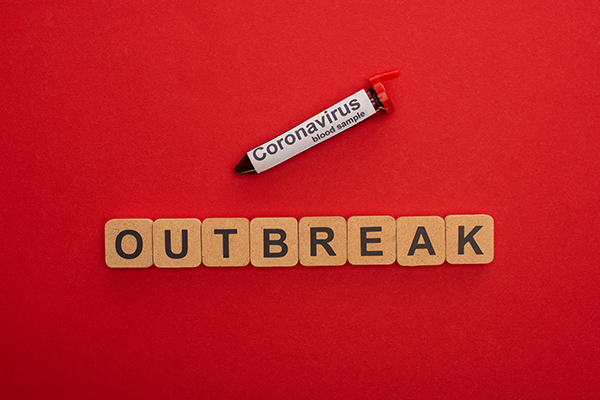Employees at meat processing plants across the nation aren’t reporting to work as they fear for their health during the coronavirus pandemic. Hundreds of workers have become infected with COVID-19, and several deaths have been reported. There is no official count on the infection rate or how many employees have succumbed to the novel coronavirus, but the information released thus far is alarming. Demands for more protective equipment, along with hazard pay, may not be enough to keep workers safe; concerns over a meat shortage loom.
Tyson Foods
On March 31, Tyson Foods posted on “The Feed Blog” (the company’s blog) that it would be taking additional measures to protect and reward its frontline workers and truckers during the COVID-19 crisis: Protection in the form of “protective facial coverings for production workers who request them” and a reward in the form of a “one-time $500 bonus” to be paid the first week in July “based on their work attendance in accordance with our relaxed COVID-19 attendance policy during the months of April, May and June”.
Last week Tyson Foods issued a news release about the steps it is taking to further handle the COVID-19 problem at U.S. plants: At all facilities, workers are having their temperatures taken (temporal thermometers or infrared temperature scanners, depending on the location) prior to entering the plants; the company has increased deep cleaning and sanitizing, some of which will require the shutdown of at least one day of production. The release also states that Tyson Foods is implementing more social distancing measures, which includes putting up dividers between workstations and increasing space between workers on the plant floor.
The company’s measures come among serious concerns about the presence of outbreaks at various facilities. The New York Times reported about the deaths of three workers at a Tyson poultry plant in Camilla, Georgia, one of whom was allegedly told to return to work even after feeling symptoms of COVID-19. In Columbus Junction, Iowa, a Tyson pork plant closed after more than 24 employees tested positive for COVID-19. And according to the Benton-Franklin (Washington state) health district COVID-19 Case Count page, 30 people linked to the Tyson Fresh Meats plant have been diagnosed with the coronavirus as of April 13.
Cargill, Inc.
Last week Cargill closed a meat production facility in Hazleton, PA due to the high concentration of COVID-19 cases in the area. The facility has 900 employees, and it has been reported that some workers were staying home as a result of testing positive for coronavirus or out of concerns for their own safety.
JBS
JBS shut down its plant in Pennsylvania for two weeks; it shuttered its beef plant in Greeley, Colorado after at least 36 employees tested positive for the virus, and at least one death was reported. One representative for union workers stated 50 employees have tested positive and an additional worker has died. JBS issued a statement on Friday that it is offering free COVID-19 tests to all workers at the Greeley beef plant. The company also lists its policy on prioritizing team member health and safety on its website.
Smithfield Foods, Inc.
Smithfield Foods is the world’s largest pork processing company, employing 40,000 people in the United States. The company shut down its plant in Sioux Falls, SD indefinitely after more than 80 workers tested positive for COVID-19 (this particular accounts for 4–5% of pork production domestically and employs an estimated 3700 workers). “The closure of this facility, combined with a growing list of other protein plants that have shuttered across our industry, is pushing our country perilously close to the edge in terms of our meat supply,” said Kenneth M. Sullivan, president and CEO of Smithfield Foods in a news release. “It is impossible to keep our grocery stores stocked if our plants are not running. These facility closures will also have severe, perhaps disastrous, repercussions for many in the supply chain, first and foremost our nation’s livestock farmers.”
Several Smithfield Food workers in poultry plants across Alabama, Georgia and Tennessee have also tested positive for the virus.
“We have a stark choice as a nation: we are either going to produce food or not, even in the face of COVID-19,” said Sullivan.




There´s already a “problem ” in bovine calves. A Corona virus that causes serious diarreah episodes in factory farms. Untreatable. I feel we are minute away from this virus to jump to humans.
I have talked to vets here in Chile and in Argentina and they are as frightened as I am.